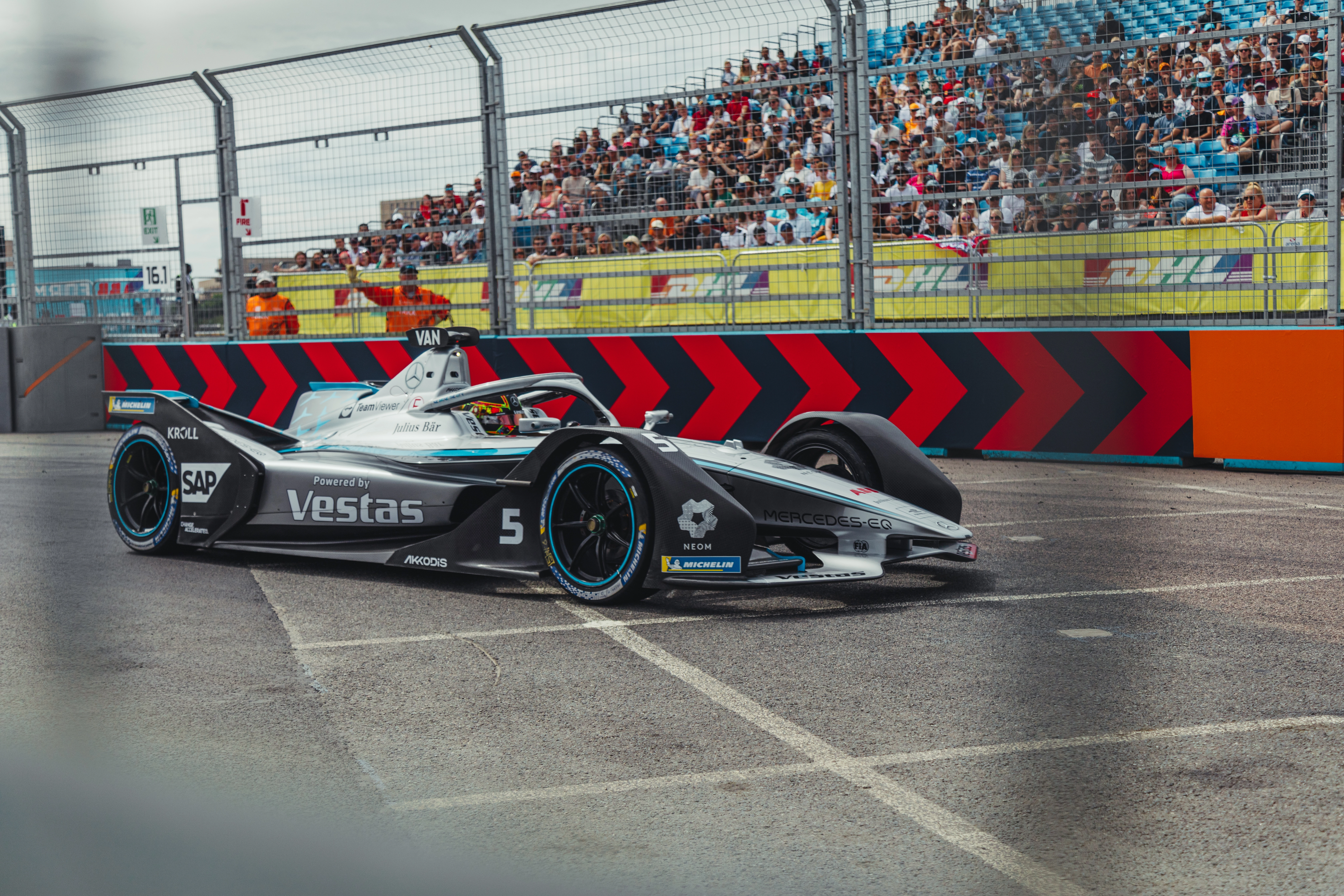From Kiwis to Speedmarks: The Story of McLaren's Iconic Logo in Formula One
- Poppy Evans
- Nov 9, 2023
- 3 min read
Updated: Mar 5, 2025
Written by Poppy Evans, Edited by Sharifah Zaqreeztrina

McLaren is the 2nd oldest F1 team on the current grid with their first logo being created in 1964. Designed by Michael Turner, a well-known motorsport artist and close friend of team founder Bruce McLaren, this crest-style logo revolves around a kiwi (the bird, not the fruit!). You may be wondering, why is a kiwi inspiring a motorsport teams’ logo? It is in fact the national symbol of Bruce McLaren’s home country, New Zealand. Above the bird, a silhouette of an F1 car was placed on top of the emblem.

To reflect the higher speeds the New Zealander’s cars could produce, 1967 saw a so-called ‘Speedy kiwi’ take over. Aiming to modernise the team’s image, the background of the logo was completely removed, leaving only the silhouette of the distinctive bird to stand out.
This included changing it to a much simpler design and eventually painting it in the recognisable papaya orange colour, soon to be known as ‘McLaren orange’. Now you may be thinking why orange? Well, it is believed to either honour a sponsor's orange livery or due to it being the national racing colours of New Zealand.

The McLaren logo underwent a vast transformation entering the 1981 season. A Raymond Loewy design, it was created to represent the chequered flag, shifting away from its Kiwi heritage. It was also a gift from one of the team's sponsors, Phillip Morris.
McLaren’s main partner had a desire for the colour of the car to match the colour of their best selling cigarette brand, Marlboro. However, this didn’t quite go to plan! On television, the intended shade appeared darker and after testing multiple different shades of red, it was rocket red that made the final cut for the car and logo. The word ‘international’ was included to showcase the British outfit’s growth on an international scale.


In 1997, a more modern and sleek look was introduced as more emphasis was given on the design of the speedmark, with the word ‘International’ eliminated. The vortices created by the rear wing of the team’s cars inspired the streamlined speedmark that we know today.
The speedmark origin appeared on top of the cars side pods and is said to conjure up the aggressive markings found on predatory animals and insects, presumably mirroring McLaren’s competitive spirit. Some believed the speedmark drew influence from the swirling dust generated from a vehicle when it’s inside a wind tunnel, or the abstract ‘Speedy Kiwi’ shape.

Remember the phenomenally legendary chrome livery? I hope so, as the 2007 iteration of McLaren’s logo was revamped, restyled and modernised to adjoin with the unique chrome livery. The colour of the speedmark turned red with a tad of a grey outline.

Our penultimate stop reached 2017, when the idea of ‘One McLaren’ was formed and this was reflected across all of McLaren’s businesses to ultimately unify McLaren as one group. The whole logo including the font turned black, but fret not! The papaya colour (also known as McLaren orange) gradually made its way back onto the cars’ livery.

In order to distinguish the Woking-based team as ‘McLaren Racing’, the beloved McLaren orange made a return to the classic speedmark in 2021. Furthermore, a slimmer and updated font added some spice as well as representing the speed and agility of McLaren’s drivers.

Whether the iconic McLaren logo that we all know today continues without any adaptations or changes completely, who knows? All we can do is jump in for an unpredictable drive through history(excuse the pun!).









